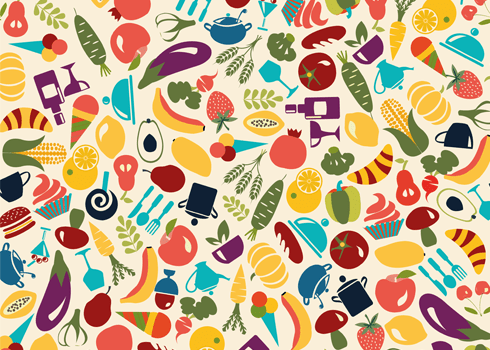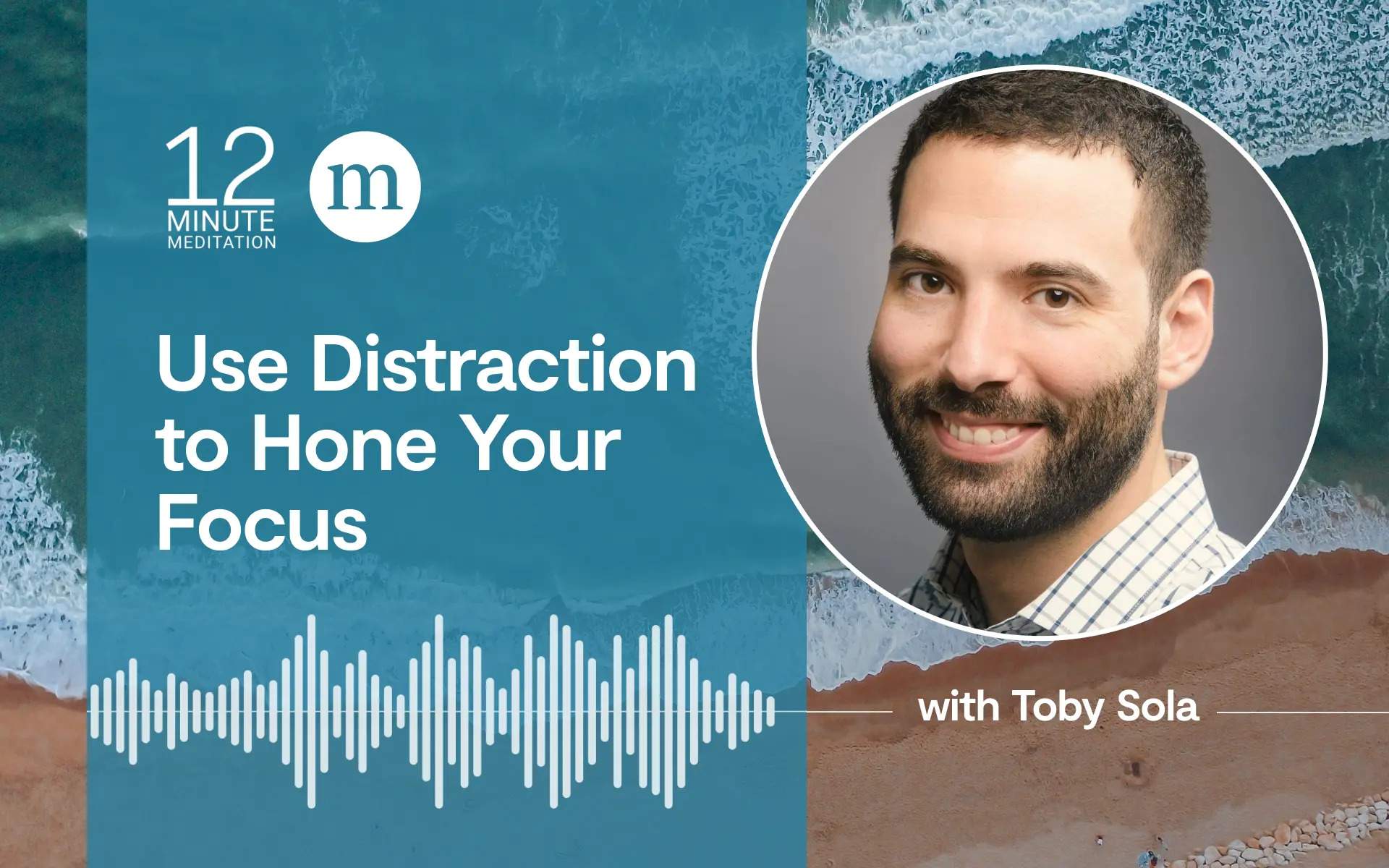The words attention deficit are so strongly associated with attention deficit/hyperactivity disorder (ADHD), many people overlook other far-reaching consequences of the disorder. Among them are poor eating habits, eating disorders, and a higher-than-average risk of becoming overweight as a result of having ADHD. For example, a recent study linked ADHD to binge eating. How these eating issues happen makes a lot of sense when you understand the impact of ADHD on life management as a whole.
Executive function includes cognitive abilities that act as the brain’s manager. ADHD is essentially a consequence of poor executive function, not inattention or impulsiveness. That means it undermines skills such as time management, decision making, organization, and planning. For people with ADHD all these management-level mental abilities can be difficult.
The ADHD Executive Chef
While research shows eating issues common around ADHD, if you are an adult with ADHD or have a child with it, all this might come as a surprise—for good reason. “The relationship between ADHD and eating is vastly under-recognized even in the eating disorders and ADHD communities,” says Roberto Olivardia, Ph.D., a leading expert on the topic.
Executive function supports everyday decision making around food. With ADHD, the inability to plan on its own may cause last minute, rushed dietary choices. It also leads to rushed reliance on fast food or quick snacks laden with fat, carbohydrates, or sugar. In addition, children and adults with ADHD frequently feel a need to eat right now when hungry, fed by their ADHD-related reactivity and impulsivity. And out of stress, boredom or overstimulation amplified by ADHD they often develop emotional overeating.
How people with ADHD eat also becomes problematic. The craving for stimulation inherit to the condition may lead to eating too quickly. Engaging in other activities while eating, such as watching television or driving, leads to missing body cues that signal satiety. This causes people to eat past the point of being full.
Not only is nutrition compromised for people with ADHD, the condition puts many of them at risk for an eating disorder. “Typically eating disorders with ADHD are the more impulsive types, such as binge eating disorder and bulimia,” Dr. Olivardia says. “Since most people think of ADHD as impulsive in nature, those with compulsive eating disorders like anorexia are often under-diagnosed and missed. This restriction around food can be an attempt to quell the chaos that someone living with ADHD feels.”
A Domino Effect
Even if someone with ADHD is not overweight, executive function may impact healthy eating. And poor eating habits do not only affect nutrition. Difficulty with planning, distractibility, and time management frequently have a domino effect.
For example, Dr. Olivardia tells the story of a patient who because of ADHD had intense trouble managing time. He’d usually skip breakfast to get to his job on time. He’d often forget (another ADHD symptom) to take lunch with him, and then get hyperfocused on work and skip eating during the day anyway. Each night he arrived home starving and ate an enormous, unhealthy volume of food.
“Although he kept a healthy weight, eating this way resulted in poor sleep,” says Dr. Olivardia. “He felt bloated, gassy and had acid reflux. Sleeping badly resulted in less focus and concentration the next day, which lead to an overreliance on caffeine, which led to appetite suppression and hyperfocus, which triggered the pattern all over again. He did not feel healthy, even though his weight was fine.”
Mindful Eating Habits
Mindfulness and eating are a natural fit. What other activity do we give as little attention to while we’re doing it, while relying on habits to make choices, not always to our benefit? Healthy eating develops with moment-to-moment awareness, conscious decision making, and responsiveness (instead of reactivity) when under stress. Eating like this means nothing more artificial then aiming to pay attention to eating while eating—much easier to say than to do.
With or without ADHD, in the moment most of us do not attend much to eating. We tear through a favorite food with little awareness at all. We make choices around food to eat or buy without much thought. And we frequently eat based on how we feel emotionally; comfort food is called comfort food for a reason. Even when overall we think about health and nutrition a lot, we all too often fall into autopilot.
Mindfulness is an effective and increasingly studied solution for resolving an array of eating issues from overeating to losing weight to eating disorders. Mindfulness leads to more intentional food choices and fewer unhealthy eating habits. Like anything, mindful eating gets easier and more instinctual with practice. Below are some ideas of how to get started—choose from Menu A, Menu B, or fill free to mix and match:
Menu A: Mindful Eating
• Pay attention to what drives you to eat. Notice the influence of each of the five senses in decisions. For example, how often do you eat only because something looks good or smells good? Are you only eating because you’re hungry?
• Notice habits when shopping or eating. Habitual behaviors are difficult, but not impossible, to change. Without self-judgment for whatever has happened before, pause before making choices. Make intentional decisions about what you buy and eat next.
• Pause often while eating. Put your utensil down between bites. Check in with your body cues before taking a second helping. Paying attention in this way makes it simpler to stop when full, not when your plate is clean.
• For any meal or snack (or even for the first few bites), aim to pay attention to each of your five senses. In an unforced way, as if savoring a spectacular meal, notice the sight, sound, smell, touch, and taste of your food. Turn off distractions, like the television or your phone. Gently refocus your attention whenever you become distracted. If you’re having a meal with family or a friend, bring your full attention to that social experience too.
• Be patient with yourself. Avoid negative self-talk when you do not succeed in what you set out to do. Recognize any tendency to criticize yourself as a habitual, not so helpful voice. Give yourself credit for changes, however small, and return to your better intentions without expectations of perfection.
Menu B: Nutritional Guidelines for ADHD
Here are Dr. Olivardi’s recommendations for people with ADHD for common nutritional issues:
• Eat breakfast. Like the patient Dr. Olivardi described, many people with ADHD skip breakfast due to oversleeping and rushing. Hours later, they end up painfully hungry and grab whatever is nearby. Value breakfast, set yourself reminders about it, and plan ahead.
• Get plenty of protein in your diet. Protein fuels your body for longer periods of time. There is even some suggestion that healthy, high-protein breakfasts help ease daytime ADHD symptoms. Avoid too much sugar and junk food, which tend to affect mood and exacerbate a cycle of increasing hunger over the day.
• Eat throughout the day. Many people skip meals due to hyperfocus and losing track of time. This sets their body up to hold onto fat and increases cravings for fat and sugar. Extreme hunger also leads to impulsive decision-making. Again, set alarms if needed, and during breaks consider a healthy snack.
• Work towards getting adequate sleep. Sleep deprivation lowers our body’s ability to burn fat. It also exacerbates ADHD and stress, and undermines our ability to stick to plans.
• Most of all, get support. Share tips and strategies with an ADHD buddy or a professional familiar with the field who understands how establishing a pattern of healthy eating can be hard.
Adapted from Psychology Today
PROMOTIONAL PRODUCT PLACEMENT
The Mindful Eating Course
Mindful eating isn’t a diet in disguise. It is not about changing, fixing, or improving yourself.
Mindful eating means bringing compassionate awareness to eating and to your relationship with food. It’s a journey to feeling more connected with yourself and learning how to nourish yourself so you feel well in both body and mind.
7 powerful audio sessions, only 15 minutes per day. In this course, you’ll explore how to:
- Listen to your body
- Work with cravings and make conscious choices
- Use your five senses to slow down and savor
- Cultivate a transformative sense of gratitude
- Befriend your body
- Let go of self-criticism
- Make mindful eating a way of life








